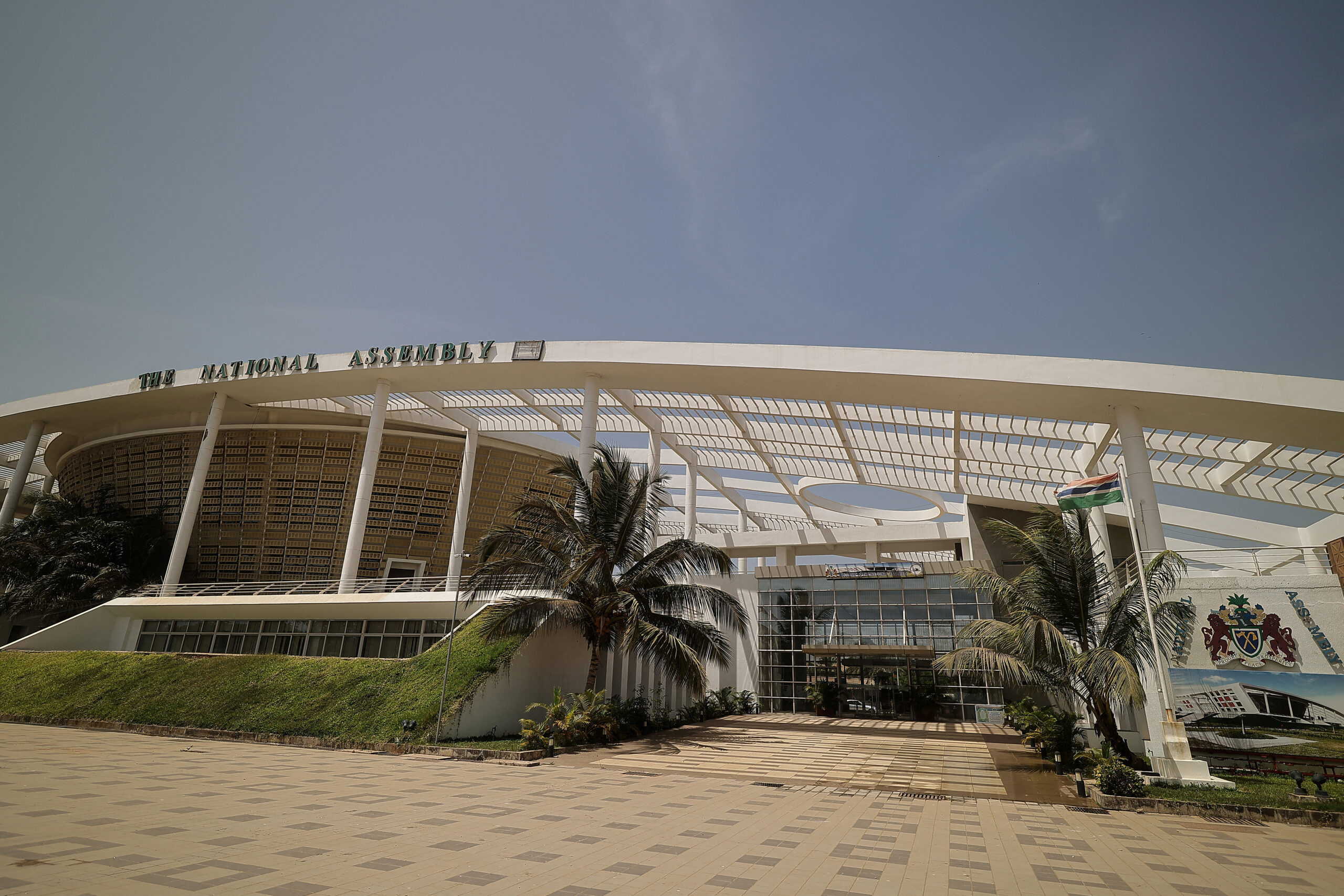
Legislators in the Gambia support recommendations to keep the FGM prohibition
A vote on decriminalizing female genital mutilation is scheduled for later this month, but in the meanwhile, Gambian MPs approved suggestions on Monday to keep the country’s ban in place.
Though it has been illegal in the Gambia since 2015, the deeply ingrained cultural practice of female genital mutilation (FGM) is nonetheless common there, and the first convictions of FGM last year sparked a backlash against the law.
Following a contentious discussion on Monday, the joint health and gender committee’s recommendations were approved by the entire house, with 35 members voting in favor, 17 voting against, and 2 abstaining from the vote.
On July 24, there will be a final vote on the bill deciding whether or not to decriminalize FGM.
The Gambia will be the first nation to lift a prohibition on FGM if parliament gives its approval. With just five of the 53 MPs voting against it and one abstaining, it passed its second reading in March.
Following the second reading, the joint committee held a nationwide public consultation in which doctors, religious and traditional leaders, victims, civil society organizations, and circumcisers participated, among others.
The report’s findings, which were made public on Monday, called female genital mutilation (FGM) “discrimination against women” and a “traumatic form of torture”.
Amadou Camara, the politician who read the report aloud, stated that “repealing the law would be a significant setback for the Gambia.”
The repeal bill was introduced in March by independent MP Almaneh Gibba in response to the outcry caused by the first FGM conviction last August, in which three women were found guilty of cutting eight baby girls.
The restriction, according to Gibba and his supporters—which include powerful religious figures—violates the rights of residents to practice their culture and religion in the nation with a majority of Muslims. This argument is disputed by many Islamic scholars.
FGM can result in severe bleeding, shock, psychological issues, and even death, according to the World Health Organization, which also claims that procedure has no health advantages.
All Categories
Recent Posts
Tags
+13162306000
zoneyetu@yahoo.com



